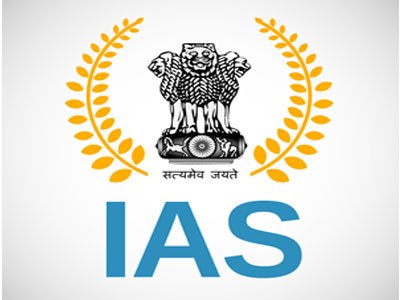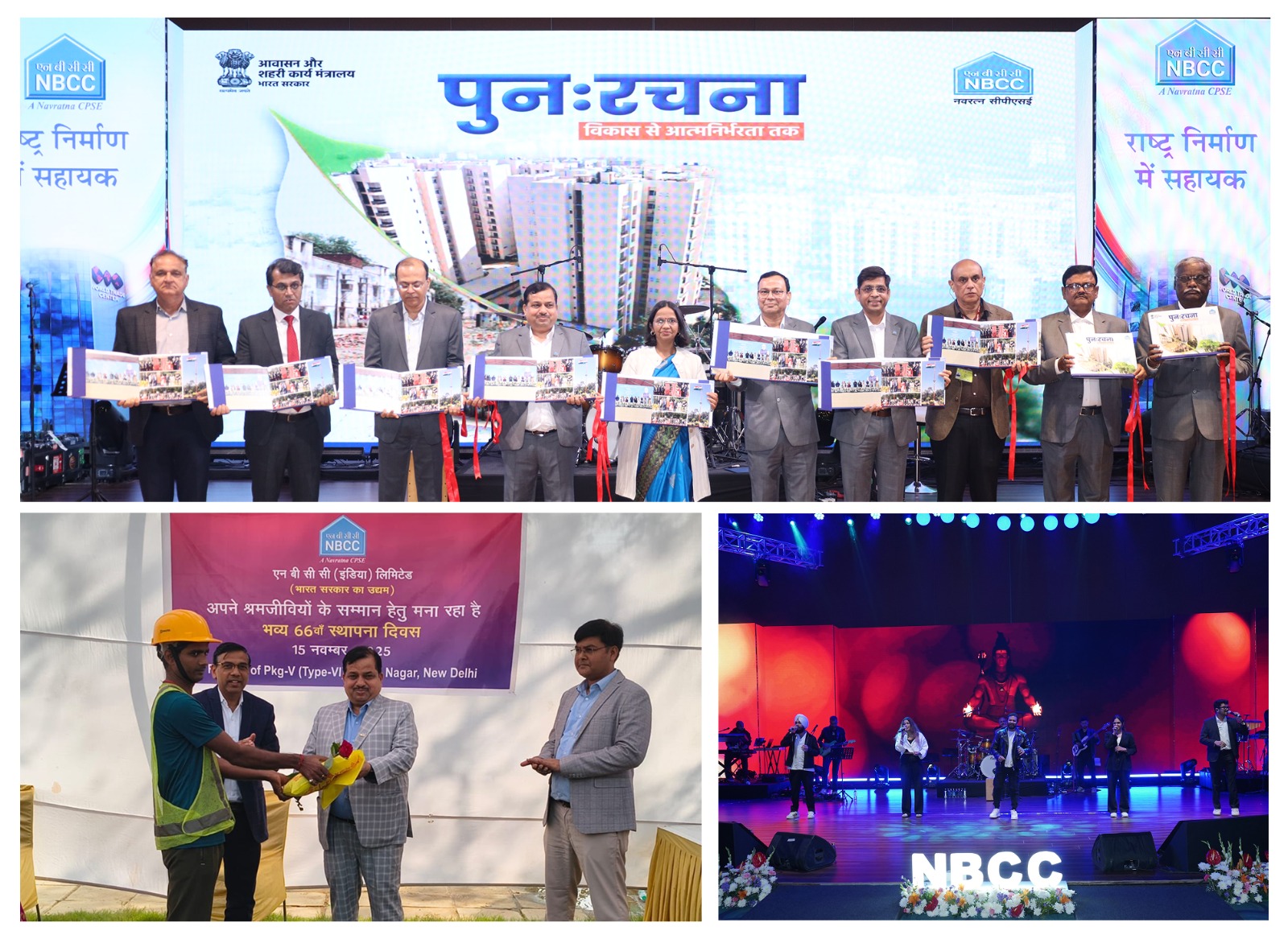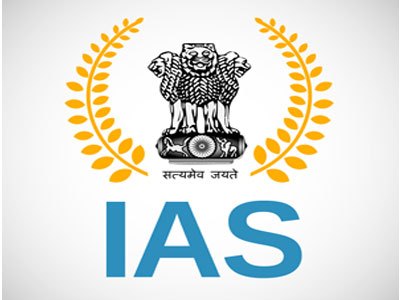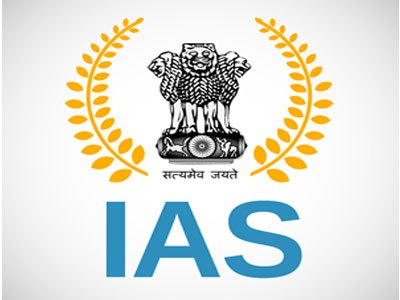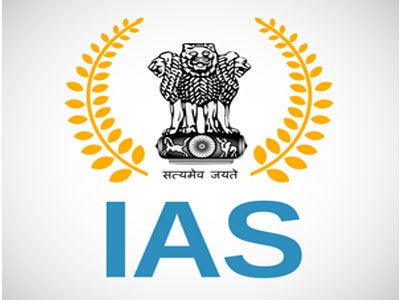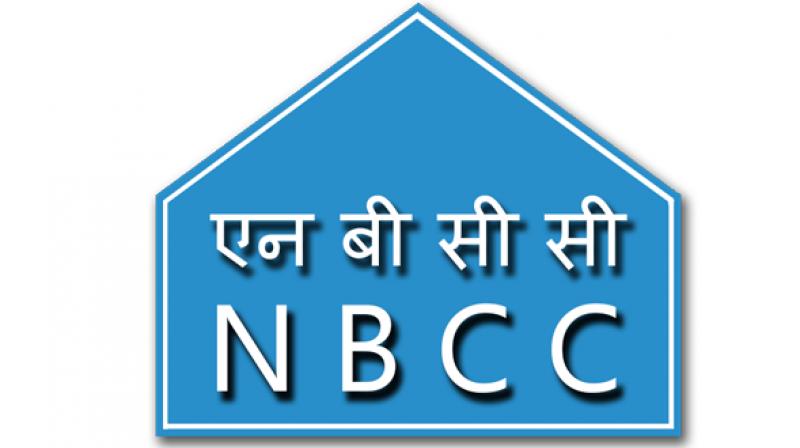Narendra Modi inaugurated the South India Natural Farming Summit 2025 at Coimbatore, Tamil Nadu today. Addressing the gathering on the occasion, Shri Modi began his remarks by offering salutations to Lord Murugan of Marudhamalai on the sacred soil of Coimbatore. He described Coimbatore as a land of culture, compassion, and creativity, and recognised it as a power centre of South India’s entrepreneurial strength. He highlighted that the city’s textile sector is a major contributor to the national economy. The Prime Minister noted that Coimbatore has now gained further distinction, as its former Member of Parliament, Shri C.P. Radhakrishnan, is now guiding the nation in his role as Vice President.
Expressing that natural farming is a subject very close to his heart, Shri Modi extended his best wishes to all farmer brothers and sisters of Tamil Nadu for the organisation of the South India Natural Farming Summit. He acknowledged the presence of farmers, agricultural scientists, industry partners, startups, and innovators gathered at the event, and warmly congratulated all participants.
The Prime Minister stated that in the coming years, he envisions major transformations in Indian agriculture. “India is on the path to becoming a global hub for natural farming”, affirmed Shri Modi, noting that the country’s biodiversity is evolving, and the youth are now viewing agriculture as a modern, scalable opportunity. This shift, he said, will greatly strengthen the rural economy.
Highlighting that over the past eleven years, the entire agricultural sector has undergone significant change, Shri Modi shared that India’s agricultural exports have nearly doubled, and the government has opened every possible avenue to support farmers in modernising agriculture. Underscoring that through the Kisan Credit Card (KCC) scheme alone, farmers have received assistance exceeding ₹10 lakh crore this year, Shri Modi noted that since the extension of KCC benefits to livestock and fisheries sectors seven years ago, those engaged in these areas have also been availing its advantages extensively. He added that the reduction in GST on bio-fertilizers has further benefited farmers.
The Prime Minister shared that just moments ago, from the same platform, the 21st installment of the PM-Kisan Samman Nidhi was released, transferring ₹18,000 crore to farmers across the country. He confirmed that lakhs of farmers in Tamil Nadu have also received funds in their accounts. The Prime Minister highlighted that under this scheme, ₹4 lakh crore has been directly transferred to the bank accounts of small farmers so far, enabling them to meet various agricultural needs. He extended his best wishes to the crores of farmers who have benefited from this initiative.
Emphasising the expansion of natural farming is the need of 21st-century agriculture, the Prime Minister observed that in recent years, rising demand has led to a sharp increase in the use of chemicals across farms and various agriculture-related sectors. Shri Modi noted that excessive use of chemical fertilisers and pesticides is reducing soil fertility, affecting soil moisture, and increasing the cost of farming year after year. He further emphasised that the solution lies in crop diversification and natural farming.
Asserting that to revive soil fertility and enhance the nutritional value of crops, the Prime Minister stressed that the country must move forward on the path of natural farming. This, he said, is both a vision and a necessity. Only then can we preserve our biodiversity for future generations. The Prime Minister underlined that natural farming helps us face climate change and weather fluctuations, keeps our soil healthy, and protects people from harmful chemicals. He said that today’s event is poised to play a significant role in advancing this important mission.
Highlighting that the Government of India is actively encouraging farmers to adopt natural farming, Shri Modi shared that one year ago, the Central Government launched the National Mission on Natural Farming, which has already connected lakhs of farmers. He highlighted that the positive impact of this initiative is especially visible across South India, with approximately 35,000 hectares of land in Tamil Nadu alone now under organic and natural farming.


